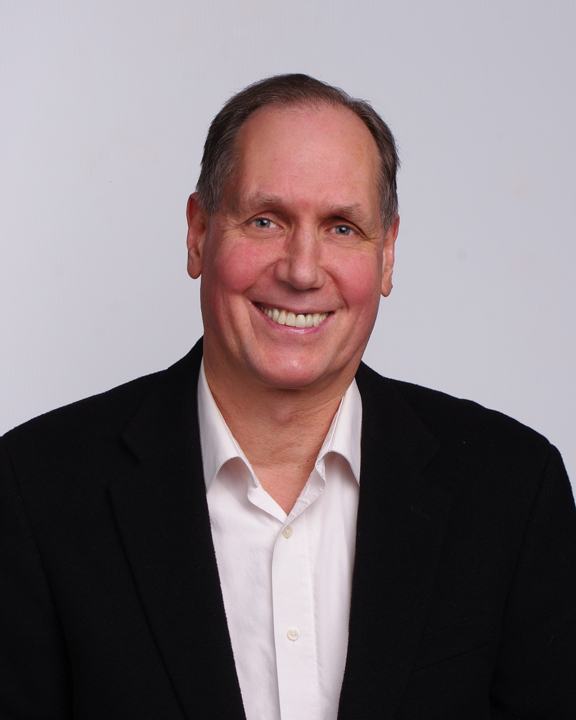
In oriental medicine, especially from ancient China, one definition of a healthy mental attitude is when the seven emotions - joy, anger, grief, fear, fright and melancholy are appropriate to the stimuli. Another way of saying this is, are the emotional reactions you have appropriate to the situation. Every natural emotion has a circumstance that is natural.
For example, anger is protective against real danger to oneself or another. Joy is expressed when something in our lives creates happiness. Grief is a natural response to loss and fear is a response to danger. From a holistic view, body imbalances especially in disrupted brain chemicals can create emotional reactions that are either inappropriate or over reactions to circumstances.
The first step in understanding and creating a healthy mental attitude is to find out if your diet or lifestyle is disrupting your brain chemicals and the energetic balance in the body and mind. I address the issue of correcting energetic and brain chemical imbalances in classes, my training programs, audios, videos, lectures and in consultations I give to people.
It is important to address these imbalances because excessive thinking and emotions cause a great loss of life energy and inner strength, the essence of the body. An importance principle to understand which runs counter to modern habits is that it is unhealthy to excessively express one’s emotions. This is why in ancient Chinese Taoist thought the emotions are called the 7 thieves.
On the other hand, experiencing emotions in a balanced way is a natural part of life according to the right circumstances. All the emotions when experienced normally can be seen as part of the purpose of life, to learn and grow our consciousness.
The stoics from ancient Greece and Rome were keepers of macrobiotic longevity philosophical teachings in the west in famous writings from Seneca and Marcus Aurelius. The Stoics emphasize balance in one’s approach to life which is epitomized by the phrases, the ego is the enemy and the obstacle is the way. Taoist longevity teachings and the Stoics both emphasize a certain kind of philosophical approach to life so as to continue on harmoniously in one’s life through difficulties.
Another part of macrobiotic teachings concerning a healthy mental attitude that were taught in eastern philosophies and by the ancient Stoics was that our perspective on our life circumstances makes a difference in how these events affect us mentally and physically.
In the east, it was explained that all events are perceived through the mind and are not ultimately real. Part of a healthy mental attitude is to realize that circumstances and events are fleeting. Both the Stoics and the eastern philosophers taught and believed that only the present exists, the rest exists in the mind.
The Stoics seem to take a mental approach of remembering that this is reality. Eastern approaches took both a mental approach of reminding one that this is true and a physical approach of various meditation and body practices in Yoga and Chi Gong (Qi Gong) to help oneself be grounded in the present.
Meditation and body practices help people to let go of the past and stop thinking of the future. The Stoics did this through study and journaling. Many people are critical of this idea because they interpret it as forgetting about the mistakes of the past It does not mean that we shouldn’t reflect on the past to learn about our mistakes or to think of the future for planning. It relates more to thinking and emotional attachments that cause us to lose vast qualities of energy.
Both the Stoics and eastern macrobiotic teachers of Taoism and Buddhism believed that the spirit or soul in the western view, is untouchable by self-generated internal thinking and emotional reactions or external circumstances or events. Meditational practices from Yoga and Chi Gong are designed to connect us to something greater than ourselves so that we can experience this untouchability. Western practices that are meditational usually involve prayer.
Keepers of the philosophical longevity traditions have a certain acceptance of natural life circumstances as part of a healthy attitude. Aging, pain, pleasure, obstacles, difficulties and death are all inevitable parts of living. If we take these things as a personal affront, and run after pleasure at all costs, we paradoxically burn out our internal energy and create disease.
From the longevity view of east and west, a healthy mental attitude is balanced. Emotional reactions to circumstances, being able to change, alter or let go of negative perspectives, grounding ourselves in the present, and accepting the challenges and obstacles of life, we can be in touch with that part of us, the spirit or soul that is never harmed by internal or external experiences.



 RSS Feed
RSS Feed